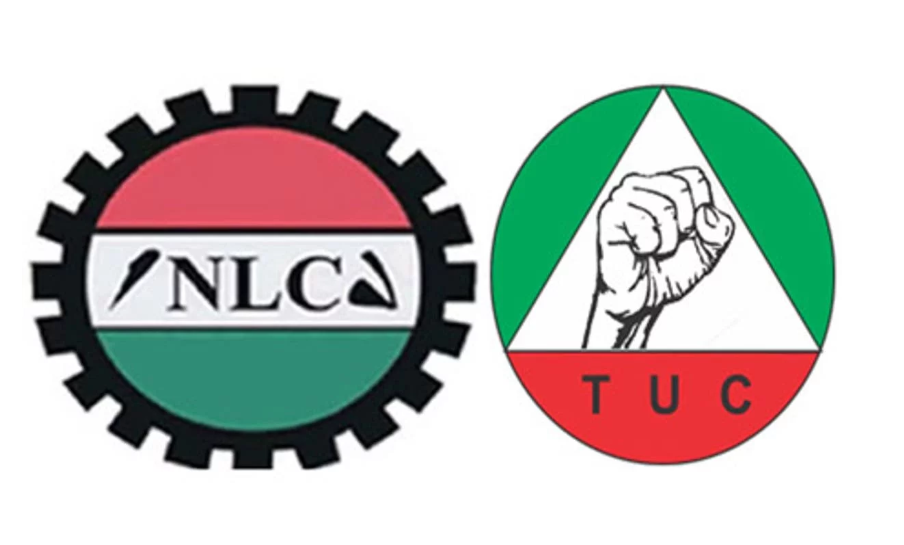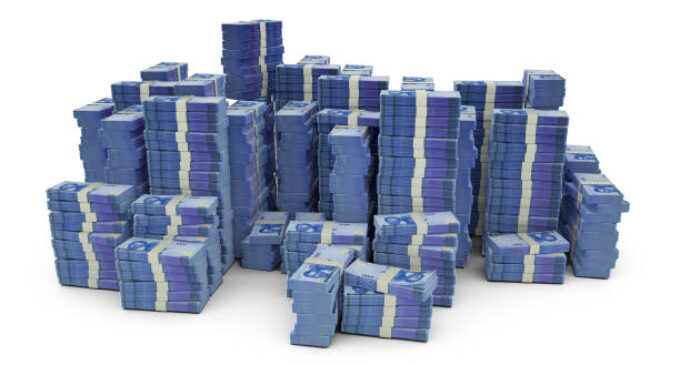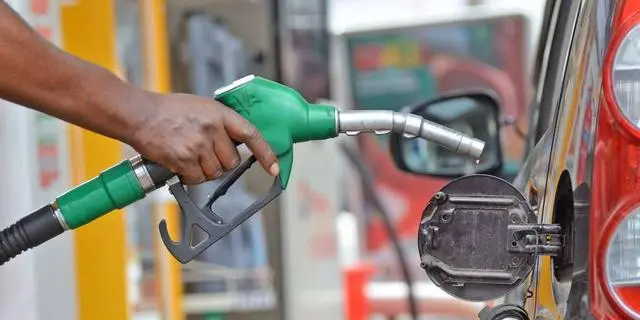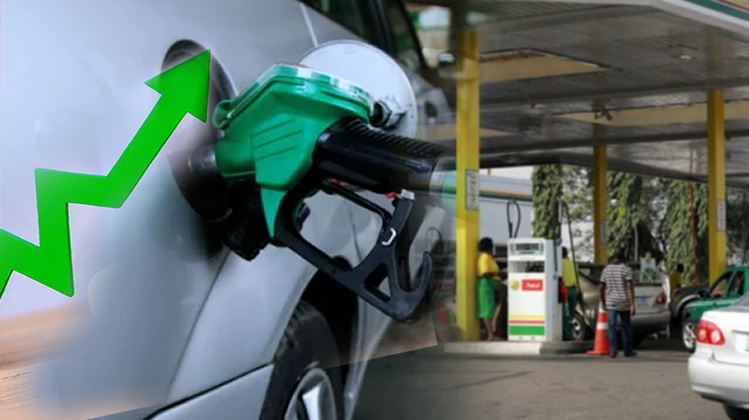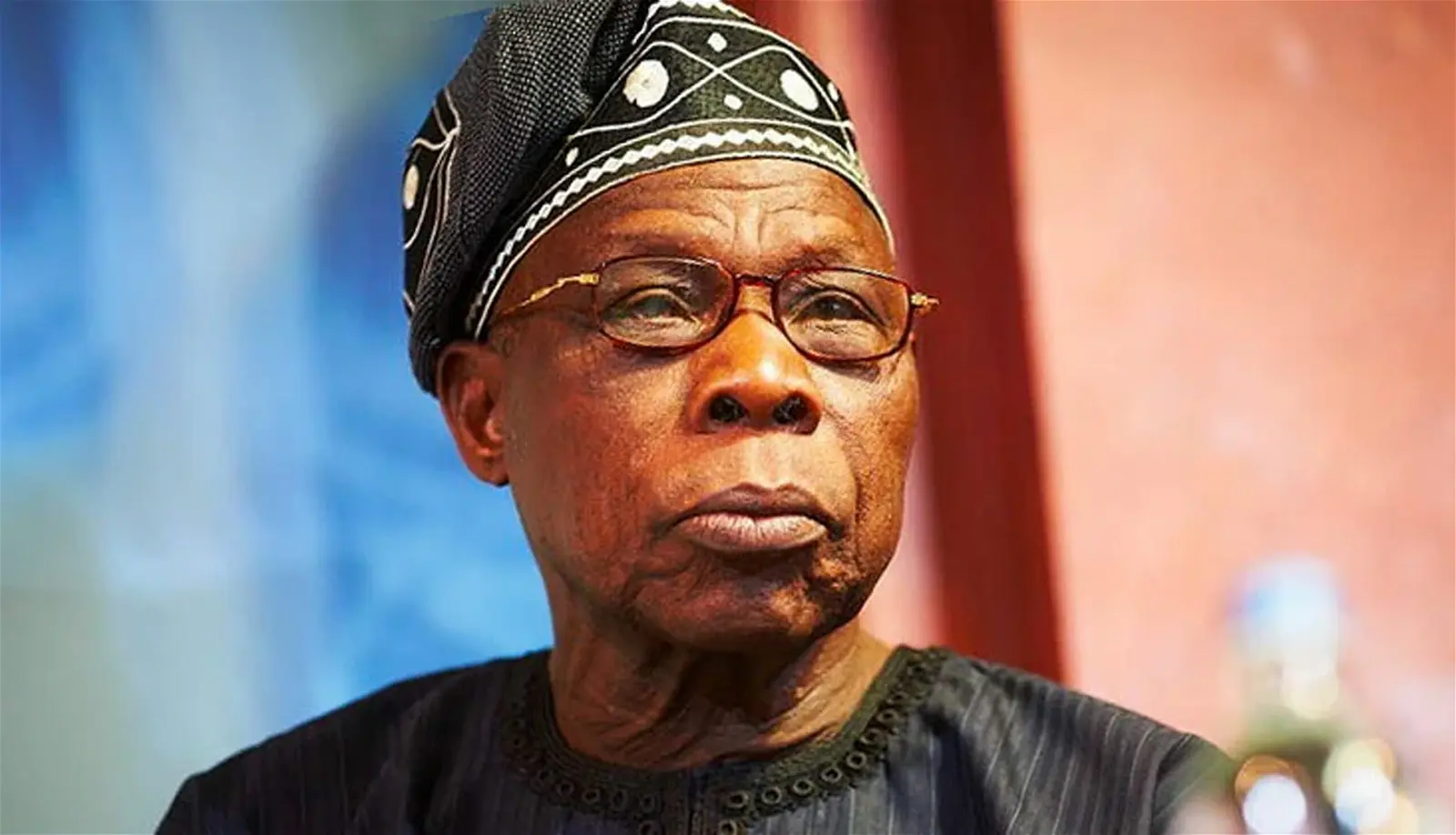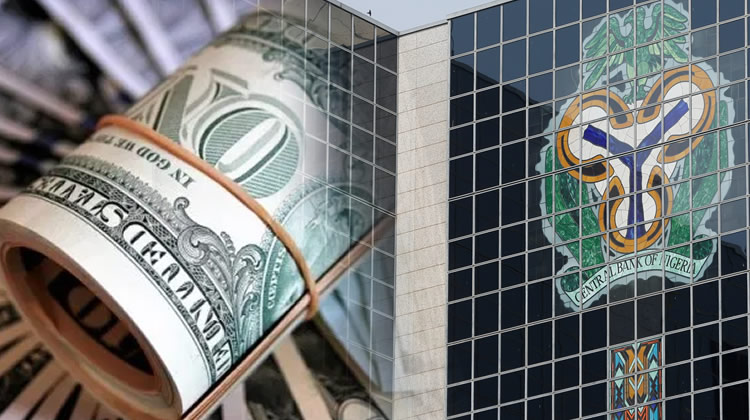Fuel subsidy: FG’s proposed N8,000 package stirs controversies
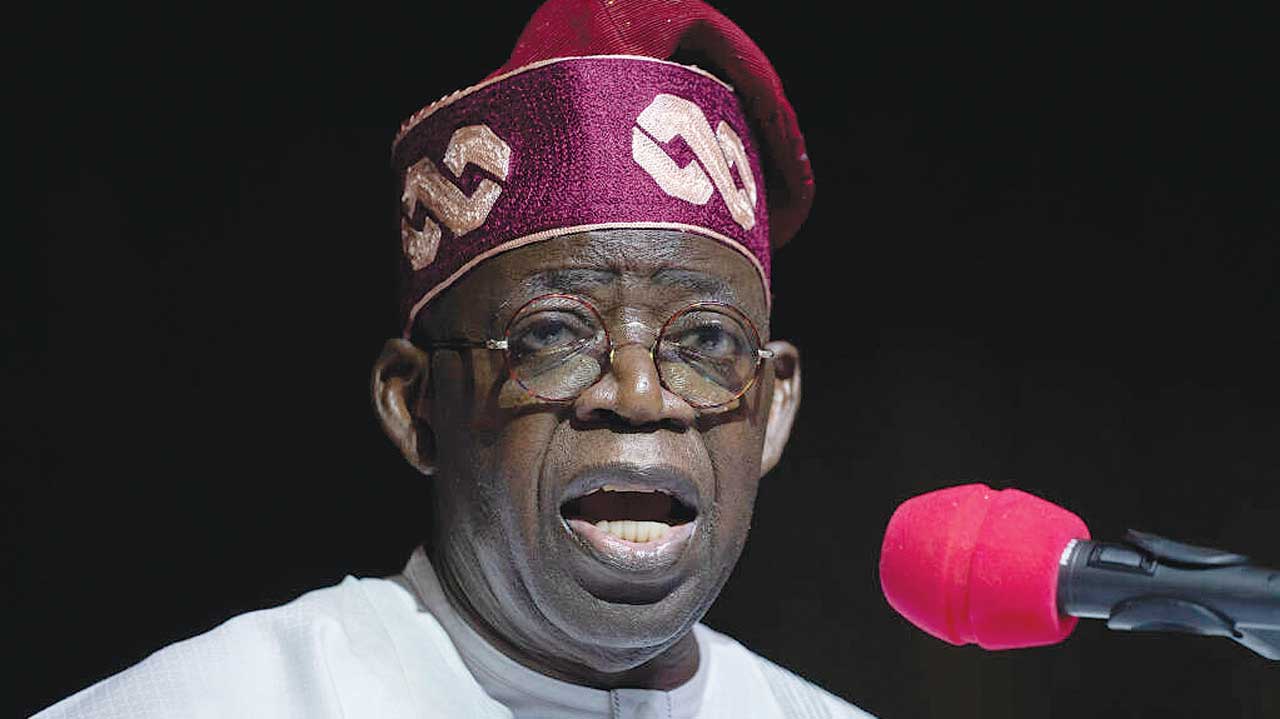
The decision by the Federal Government to pay N8,000 to about 12 million households in a bid to mitigate the effect of the fuel subsidy removal is generating mixed reactions.
DAILY POST recalls that the president, on Thursday, while seeking the approval of the National Assembly to borrow $800million from the World Bank, revealed the plan of his administration to transfer N8,000 monthly to 12 million low-income households for six months.
In a letter read at the upper chamber by the Senate President, Godswill Akpabio, on Thursday, Tinubu noted that the money would be transferred directly to the beneficiaries’ accounts.
According to the president, the monies are expected to “stimulate economic activities in the informal sector” and improve the living in the beneficiaries’ households.
“In order to guarantee the credibility of the process, digital transfers will be made directly to beneficiaries’ accounts and mobile wallets.
“It is expected that the programme will stimulate economic activities in the informal sector and improve nutrition, health, education, and human capital development of beneficiaries’ households,” the letter read in part.
The move was sequel to the astronomical rise in prices of essential goods and services, including food items, transportation fare, and others, occasioned by the removal of fuel subsidy.
Recall that the president had during his inaugural speech on May 29, declared that the government can no longer sustain the payment of subsidy.
Following the announcement, the Nigerian National Petroleum Company Limited, NNPCL, approved an upward review in the pump price of the petroleum product nationwide.
The adjustment, which moved the pump price from N194 to as high as N557 in the states and the Federal Capital Territory, FCT, Abuja, led to the increase in the price of other products in the market, particularly food items.
A market survey conducted by DAILY POST on Saturday in the Federal Capital Territory, Abuja, revealed that Nigerians are presently frustrated due to the increase in prices of staple food items.
It was observed that a bag of Garri which was hitherto sold for N8,000, is now selling for N22,000. Some of the sellers attributed the increase in food prices to the cost of transportation, which according to them, affected their purchasing power.
Similarly, a bag of Nigerian rice previously sold for between N15,000 and N20,000 is presently sold for N35,000, while a bag of foreign rice that was sold for N30,000 now goes for N44,000 and above.
In a move to lessen the frustration, President Tinubu on Thursday, got the approval of the National Assembly to borrow $800 million from the World Bank
From the $800 million, 12 million vulnerable Nigerians, according to the president, would be placed on a monthly stipend of N8,000 per month for six consecutive months as a way of cushioning the effects of subsidy removal on them.
The development has continued to generate controversies as stakeholders expressed pessimism that the proposed N8,000 to 12 million households would only amount to efforts in futility, citing the general economic crisis bedevilling Nigerians.
While some are sceptical on the effectiveness of the program, others are concerned about the value of the N8,000, citing the inflation rocking the country’s economy.
The Head, Media and Communications of the Obi-Datti Presidential Campaign Council, Diran Onifade, while reacting to Tinubu’s move, told DAILY POST on Saturday that the decision was a “quick means of settling their election expenses at public expense”.
Onifade also condemned the approval given to President Tinubu by the National Assembly to borrow $800 million, describing the palliative as a ‘scam’ which Nigerians may not benefit from.
According to him, the plan is “coming from the same party that ‘spent’ billions of Naira on school feeding while children were home during the COVID-19 lockdown.
“It is just a quick means of settling their election expenses. Given that poor Nigerians may end up not benefitting from the scam, we need not incur further debt for that sinister purpose”.
Similarly, the President General of the Coalition of South East Youth Leaders, COSEYL, Goodluck Ibem said it is impossible for N8,000 to mitigate the hardship imposed on Nigerians by the subsidy removal.
According to Ibem, N8,000 is not enough to make a pot of soup for a family of three, citing the sudden rise in the price of food items since the subsidy was removed.
In a chat with DAILY POST on Saturday, Ibem said the proposed palliative is not different from what the Ministry of Humanitarian Affairs and Disaster Management did when Sadiya Umar Farouq was the Minister under President Muhammadu Buhari.
He alleged that the “Minister was collecting N500 billion every month from the Central Bank of Nigeria, CBN, for the same purpose but no household was seen benefiting from the said programme”.
Ibem added that “Nigerians are tired of hearing such programmes. It is a programme that brings hardship and suffering to Nigerians instead of the better life we are being told it is meant for.
“We want programmes that will have direct bearing on the people and not what will lead Nigerians into more suffering and abject poverty as being experienced today.
“Nigerians are not finding it easy to feed, pay transport fares and take care of other necessities as the prices of goods and services have skyrocketed because of the increased cost of fuel, diesel and other petroleum products. Nigerians are sick and tired of being deceived by those in power”.
The Nigerian Labour Congress, NLC, also kicked against the plan, describing the proposed N8,000 as a “drop of water in an ocean.”
The spokesperson of the union, Benson Upah told DAILY POST on Saturday that the N8,000 is not enough, citing the level of inflation that has relatively crippled the country’s economy.
He said, “The hardship being experienced in the country right now is so much that when you single out just 12 million people, it will be like a drop of water in the ocean. It is obviously not enough.
“Looking at the inflation that has jumped from 16.9 to 22 per cent all within the period of one month, what will N8,000 do for the people?
“Even before the fuel subsidy was removed, the Nigerian Bureau of Statistics had said that one hundred and thirty-six million Nigerians were dimensionally poor.
“After the removal of the subsidy, the World Bank said an additional one hundred million Nigerians are going to be brought into poverty. The only people that are going to be comfortable, you can count them on your finger tips.”
Asked to give an update on the negotiation between the Federal Government and the union over the fuel subsidy removal, the NLC spokesperson said, “Some meetings have been held and the process is on.
“You are aware that we have been fighting for Compressed Natural Gas, CNG, which may crash down the cost of transportation.
“We have also proposed a number of interventions, we have said they should allow the Nigerian refineries to work. The government should fix them and allow it to function.
“We have also talked about several needs the government should meet to cushion the effect of this subsidy removal. To us, what the government is doing or planning to do are parts of what we have demanded”.
However, a chieftain of the All Progressives Congress, APC, in Benue State, Mr Thomas Terlumun appealed to Nigerians to remain calm, stressing that the president will roll out other palliatives that would cushion the effect of the subsidy removal.
He said, “Nigerians are just too quick to react to issues. All these controversies are coming from the opposition. The president didn’t say the palliative would stop at that N8,000; obviously, there are others coming.
“I learnt that the Innoson vehicle has been contracted to produce buses that may reduce the cost of transportation for civil servants. Is that not palliative?
“All I know is that President Tinubu means well for Nigerians and we need to be patient. Already, the economy is bad and we can’t blame him for it, he also met it like that.
“You can destroy a building in a few hours but it will take you several months to repair it. We just need to be patient and wait for what the administration has to offer.”
(Daily Post)


